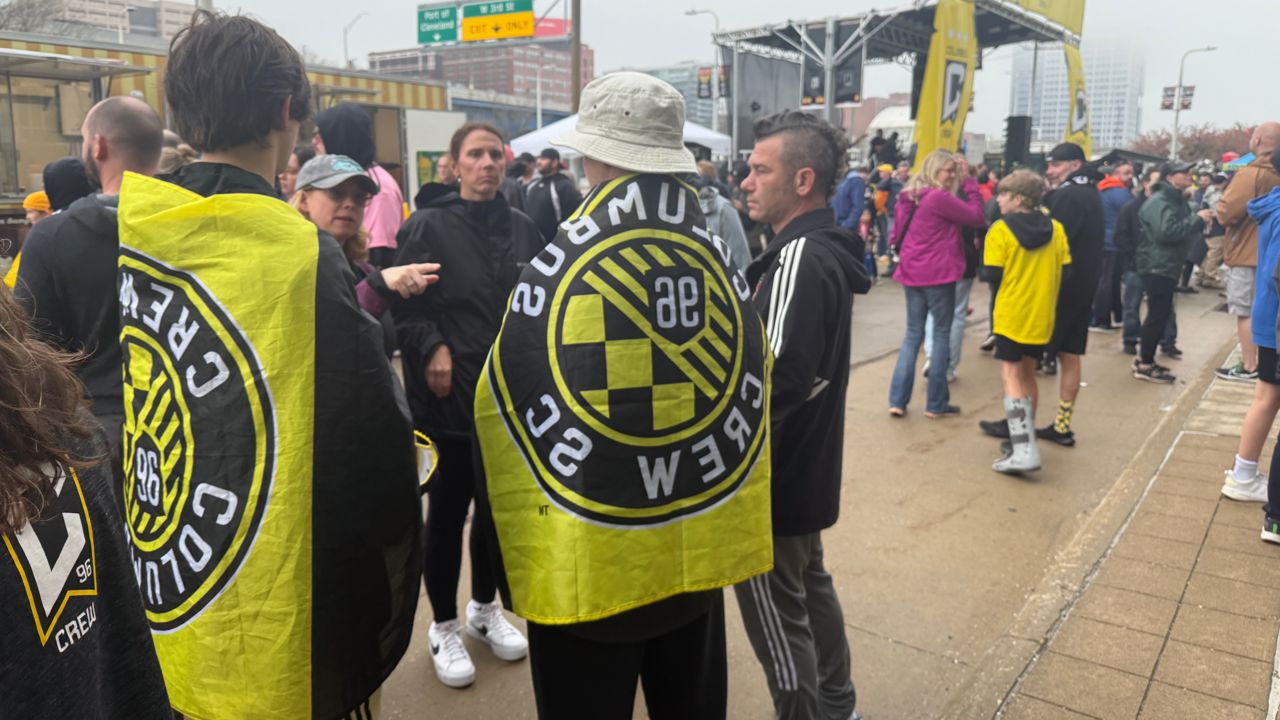COLUMBUS, Ohio — Paying for parking in an area like downtown Columbus can sometimes be inconvenient if drivers cannot download an app for payment.
That is why Ohio lawmakers have introduced a bill that would require cities across the state to have more options for payment, like cash and credit cards.
House Bill 442 would require cities to adopt certain standards that would give drivers several options for paying parking meters. This is bill that Columbus resident Alexander Pittman agrees with because he was reluctant to download the app he has to use to park.
“I would say that’s the right thing to do. I was very reluctant to download the app because I didn’t want another app on my phone. But eventually I had to,” said Pittman.
Pittman pays to park on the street frequently and believes having more options to pay would make street parking more accessible for everyone.
“But I think having the option to pay with cash or coin is the right thing for those that don’t have the cellphone or if your phone is dead or something like that,” said Pittman.
The bill was introduced by State Reps. Brian Lorenz and Elgin Rogers Jr. last month. Although local leaders agree with the idea of having more accessible parking, they disagree with the idea of giving state lawmakers all the power to change the way parking works in every city.
“We all want the same thing. We want our downtowns to be inviting, welcoming, easy to access,” Said Keary McCarthy, the executive director of the Ohio Mayors Alliance. “But coming in with sort of a heavy-handed, one size fits all approach through state legislation, which we believe very clearly violates Ohio’s constitutional protections to home rule is not the way to go about that.”
Pittman also believes that this is a city issue and should include a citizen vote because residents are the people who actually pay to park every day.
“I feel like it’s always better to have citizens vote on things since they’re the ones that are going to have to be driving, paying and parking,” said Pittman.
“If the state is going to come in and tell local governments how to park, where to park, how to manage their operations, that opens up, I think, a slippery slope to an environment that nobody wants that would make our cities less, less welcoming to residents downtown,” said McCarthy.










